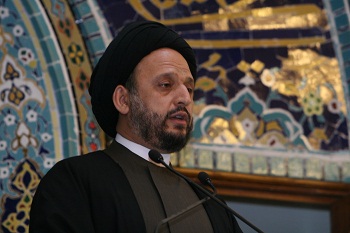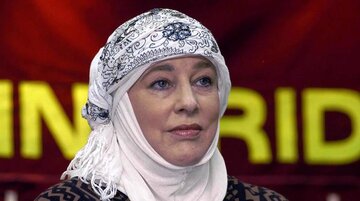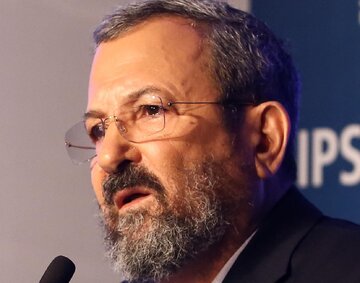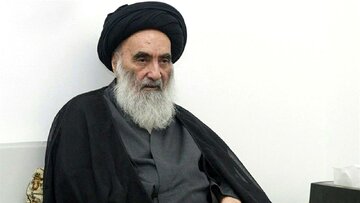His Eminence, Sayyed Ali Fadlullah, delivered the two Friday prayer sermons at the Imamain Al-Hassanain Mosque, Thul-Qi’da 17th 1435 H. – September, 12th 2014. Several prominent religious scholars, dignitaries and thousands of believers attended the Jumu’a prayer.
Following is a summary:
The First Sermon
In the first sermon, His Eminence, Sayyed Ali Fadlullah, talked about putting your trust in Allah. He explained that this means that Allah is watching over you and that He will take care of you regardless of the difficulties and trials one might find himself facing.
The Sayyed cited three examples from the Holy Quran. The first was when Prophet Ibrahim (a.s.) left his wife and son in a place (Mecca) where there was no water or food, and how Allah made the water flow at the feet of Ismail (a.s.). The second example was how Allah saved Musa (a.s.) and his people and enabled them to cross the sea. The third example was how Prophet Muhammad (p.) was confident that Allah will save him and his companion when they were in the cave on their way to Medina, and how they were actually saved.
Therefore, no matter how dreadful the situation gets and how all roads seem closed, you should surrender yourself to Allah, knowing that up in the highest skies there is God Who loves you and that He who is capable of everything will never leave you alone. Thus, fear not, but be confident that He will find a way out for you.
Thus, we should put our trust in Allah, more than we trust anyone else and even more than we trust ourselves. This trust covers everything, beginning with the smallest details and reaching the toughest trials, and on all levels, whether personal or societal. We should never despair but always believe that Allah will relieve us, for “with hardship comes ease”.
The second sermon
In the second sermon, His Eminence, Sayyed Ali Fadlullah, began by talking about the situation in Lebanon, which is still facing the threat in its eastern borders, not to mention the kidnapping of the Lebanese soldiers. He urged the state to make every effort to free them, and he warned, at the same time, the Lebanese not to resort to any emotional reactions.
He also appreciated the awareness of the Lebanese people who were able to get over the repercussions of the murder of the Martyr Abass Midlig, and he condemned all kinds of aggression on the Syrian refuges. Nevertheless, he explained that this does not mean that we should not organize their presence in Lebanon.
Moreover, the Sayyed urged the Lebanese to stop blocking the roads with burning tires, and called for adopting more civilized methods that do not put the people’s interests and health in danger.
On another level, the Sayyed called on the Palestinians not to let their differences do away with all the achievements that were accomplished in their fighting against the Zionist enemy. He called on them to unite, and asked the Arab and Muslim states and peoples to support them.
The Sayyed ended by doubting the credibility of the current strategies to fight terrorism, since such strategies are not credible if they do not hold the Zionist enemy responsible for its crimes.
On another level, the Sayyed appreciated the Fatwas of Al-Azhar and the Mufti of Saudi Arabia to confront the Takfiri thought, which has become a threat that undermines the true image of Islam.
/149





